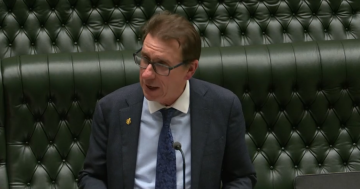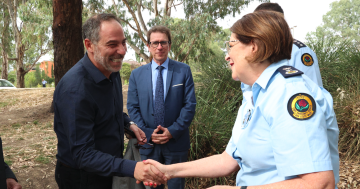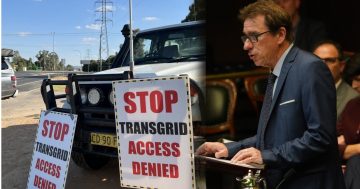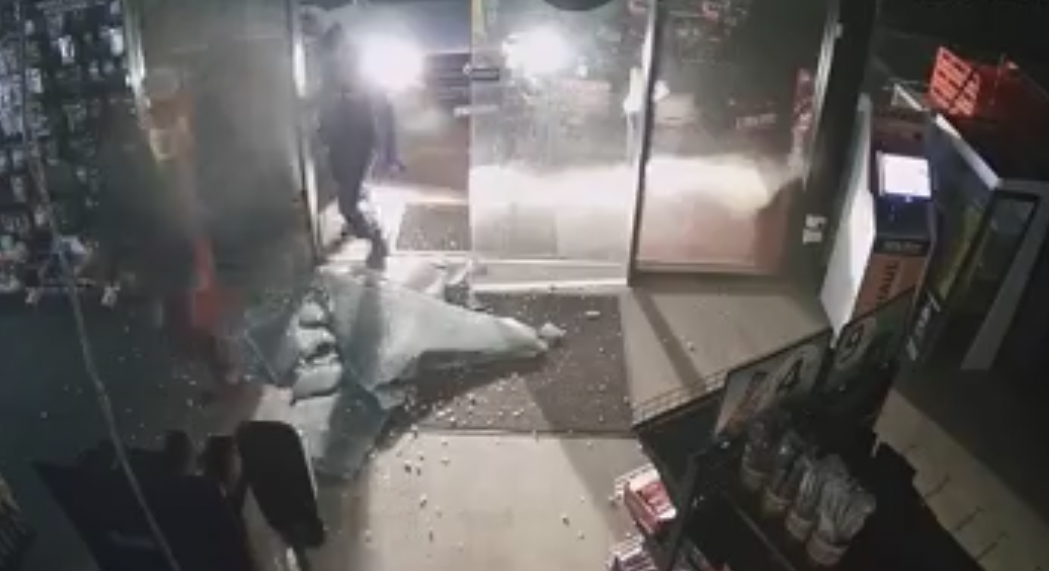
CCTV footage from an early morning ram raid in West Wyalong. Photo: Metro.
Youth crime in the regions will be examined through a parliamentary inquiry as the NSW Government toughens bail laws and seeks to improve safety in rural communities.
Member for Wagga Wagga Dr Joe McGirr welcomed the parliamentary committee inquiry but said that more needed to be done to identify the causes of youth crime and to keep young people out of trouble and in contact with the prison system.
“I’m very pleased that the government has now recognised those calls from myself and others to investigate the drivers of youth crime as well as the need to provide better diversion programs,” he said.
“But frankly, I think more could be done and hopefully the inquiry will look at that.
“I’ve always insisted that there were three aspects to it: Police numbers and what police do is one; two, it needed to look at issues around bail; and three, the government needed to use its resources more effectively to tackle and prevent youth crime and support young people.”
Dr McGirr said adequate police resources in rural and regional areas needed to be examined, with 24-hour police stations being relatively rare in country communities.
“We need the right number of police and we also need to look at how they police and the roles that they do,” he said.
“For example, there’s been a community liaison position in Wagga that’s essentially been vacant for four years. That’s not good enough.”
In announcing the reforms last week Premier Chris Minns acknowledged that there was no easy fix.
“We will not leave regional communities behind, and we will ensure regional communities are safe and appealing places to work, live and raise a family,” he said.
“We need to work across government – police, schools, mental health – and importantly in partnership with community leaders, Aboriginal organisations and NGOs.”
However, the government has come under fire from youth justice advocates for the strict new bail laws that aim to crack down on serious break-and-enter offences and car theft.
The legislative changes include an additional test for teenagers between 14 and 18 who are considered likely to reoffend while on bail and the addition of a new offence for “posting and boasting” with two years’ jail for anyone who shares videos of themselves committing a crime.
“I think there’s an understandable level of concern around the changes to the bylaws, but in the context of previous government responses, I think it’s quite moderate and targeted,” said Dr McGirr.
“The new bill to set additional guidelines for bail for people who allegedly repeat their crimes while on bail for the very same offences, and the increased penalties for ‘post and boast’ crimes were a good starting point, but the challenge now is to ensure this inquiry finishes the job with a broad, integrated approach,” he said.
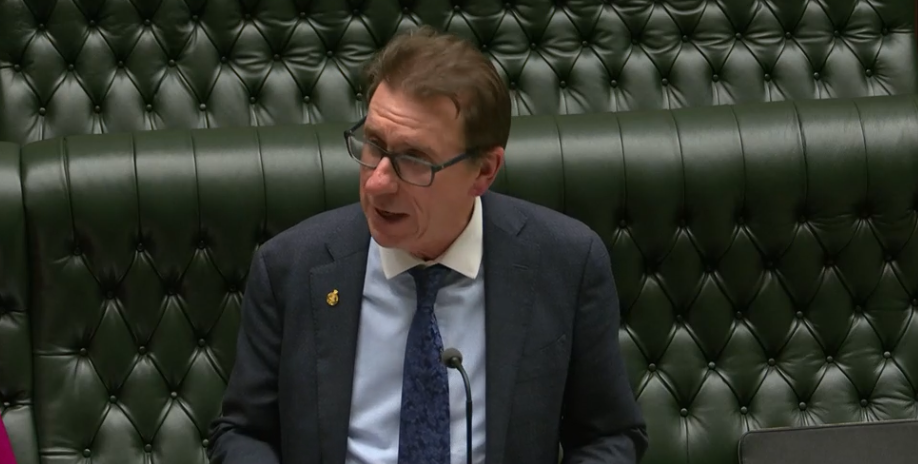
Member for Wagga Wagga Dr Joe McGirr has backed a parliamentary inquiry into youth crime in the regions. Photo: NSW Parliament.
The Aboriginal Legal Service (NSW/ACT) this week posted an open letter signed by 560 lawyers, community workers and academics, calling on the government to reconsider the changes.
The letter highlighted the fact that the majority of teenagers in the system were already there on remand after being refused bail and warned that “once bail is denied, children are more likely to be enmeshed in the criminal justice system”.
They are calling for “evidence-based solutions which are therapeutic and non-punitive” and propose a three-point youth crime prevention plan that they claim would get results without putting children in jail.
Dr McGirr agreed that the parliamentary inquiry needed to urgently investigate the drivers of youth crime and the need for better diversion programs.
“It’s clear that there are a lot of opportunities to avoid incarceration and to get better outcomes for people who commit crimes,” he said, citing the Drug Court which provides an alternative to prison for some offenders with drug dependencies, as an example.
“I understand it has an excellent track record where agencies work together and it gets some good outcomes.
“We need to look at the academic evidence and the diversionary programs and see what would work for us.”










